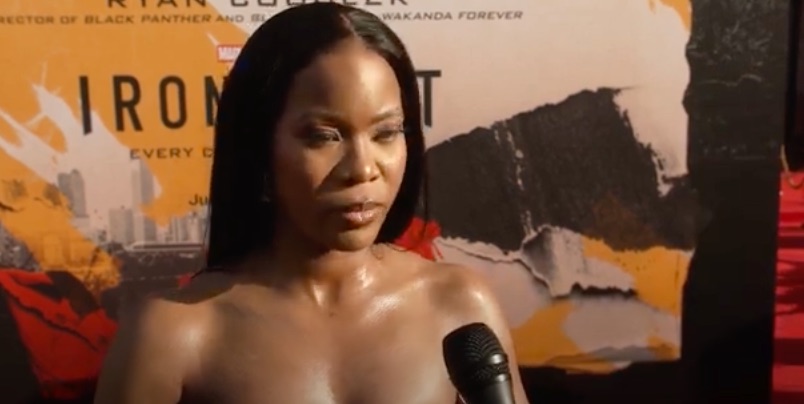Giulio Base, interview. Director and Head of the Torino Film Festival
Soon expected to direct the film Judas' Gospel
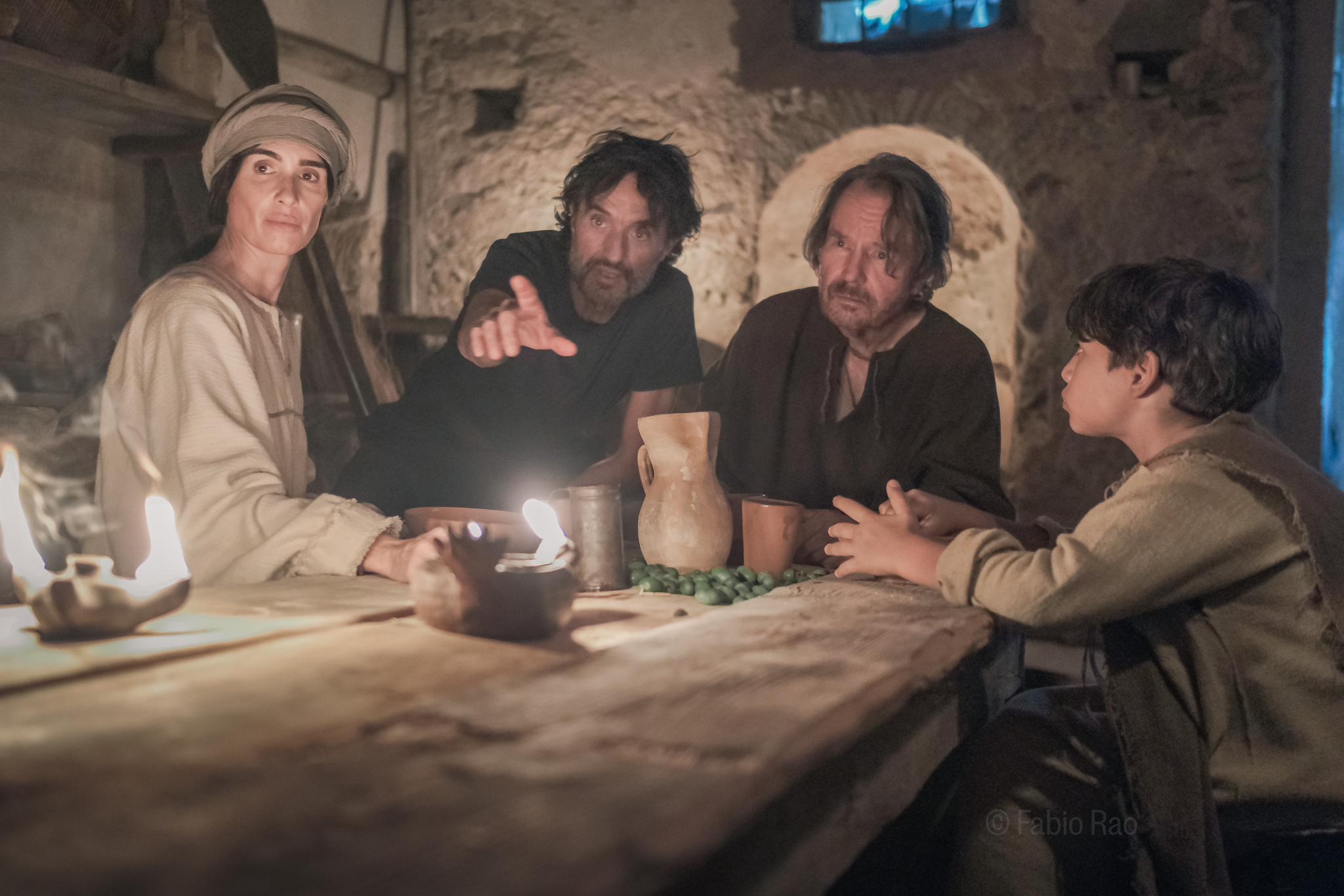
Giulio Base made his theatrical debut in “The Mysteries of St. Petersburg” directed by Vittorio Gassman, but moved immediately toward directing with the 1991 film Crack. Since 2024, he has served as the director of the Torino Film Festival. In 2025, he is expected in theaters as the director of two feature films: Albatross and Judas’ Gospel. What do you remember most fondly about your experience as a young actor on the theatrical set of The Mysteries of St. Petersburg, and what drove you to become a director, established and recognized by critics?
The most beautiful memory of my theatrical debut in “The Mysteries of Petersburg” is tied to the direction of that show by Vittorio Gassman. I always idolized Vittorio Gassman: I would chase him in theater dressing rooms or at his book presentations when I was a boy, then I had the good fortune to become his student, and he gave me my debut as an actor in this play. I can say that I later became his friend, and I am the last director who directed him in a film. So the best memories of that experience are linked to him—so much so that one of my sons is named Vittorio.
Becoming a director happened almost by chance: my first theatrical show as a protagonist, which I had also directed (‘Crack’), almost miraculously became a film project, and the producer insisted that I should direct the film as well. Me? I wondered. Me, who had never done it before? So at first I resisted, but then they convinced me, and fortunately I discovered that this was probably what I did best among all the other professions in our world of entertainment.
In Judas’ Gospel, you express the meaning of Judas’ version. Two men, one necessary to the other for the story to be fulfilled: Jesus and Judas. Judas who has become the symbol of betrayal. Judas’ Gospel is one of the most intriguing films of 2025. Where did the idea for Judas’ Version come from?
It’s difficult to pinpoint the exact moment when the idea was born because I’ve carried it with me for decades, perhaps since I began to reason, since I started questioning things, but I’m talking about adolescence. As a young man, I wondered what it meant to be in the world and have to perform right or wrong acts, while the Bible says that everything is decided, that everything is already written. So I asked myself questions about free will, I racked my brain about the thousand times a day I failed both in my path of faith and in my path as a human being, and in all those shortcomings, I wondered why, if everything is already written, it couldn’t be written “better.” And this sense of being imperfect, of being wrong, led me to think about Judas, who had committed one of the greatest, most terrible imperfections, but also: what fault was it of his if everything is already decided?
Besides being an established director and actor, you hold degrees in Film History and Theology. You also directed Cristiana Capotondi in “Margherita delle stelle,” earning critical acclaim by narrating the life of the renowned Italian astrophysicist Margherita Hack, who was notably atheist. Can we say that an artistic soul coexists in you alongside one attentive to investigations of essence?
Certainly, we can say that very well: my professional life is fortunately varied, jagged, protean. It is divided between theater, cinema, television, and in all three fields, it is further divided between the profession of actor and those of director, screenwriter, and in some cases producer, as well as now artistic director of a Film Festival. So I truly thank heaven for all these possibilities, but undoubtedly the backbone of my inner life, of my being in the world, and of my spiritual life, is that of the transcendent, the religious one.
In “Postcards from Rome” (2008), you ran while supporting the weight of filming equipment to offer viewers a single sequence shot of the eternal city awakening. How did you manage to prepare for a marathon of more than an hour while also handling the filming?
I trained as I think one should for such an occasion; after all, I believe I’ve always been a rather athletic type. In that case, I began to read, study, and look at the training schedules of those preparing for marathons, and for a year or perhaps more, I strictly adhered to that discipline. It was a very beautiful moment in life.
If you could choose a classic film or play, in whose cast you would have liked to participate or that you would like to direct, which would you choose? Or which director has inspired you most throughout your career?
If I could choose from film history which movie to participate in, I would undoubtedly say “Blade Runner” by Ridley Scott, which is my absolute favorite film of all time. Not by chance, it’s a film that speaks of the transcendent, a metaphysical film that questions time, life, death, fiction, and reality. And not for nothing, Ridley Scott is one of the directors who has always inspired me most. Speaking of the great fortune I’ve always had in my career, I also experienced the happiness of being directed by him, albeit in a small scene, in the film “All the Money in the World,” which maestro Ridley Scott shot in Italy a few years ago.
Is there an upcoming project that Giulio Base is working on that you can share with fans after Judas’ Gospel?
There are many projects on the horizon… and there is one very large one that I’ve dreamed of pursuing for years, but I prefer not to say anything until the matter is a little more concrete.
Judas' Gospel is produced by Tiziana Rocca's Agnus Dei Production , in collaborazione con Minerva Pictures, Agresywna Banda, Rai Cinema, with the supporto of Fondazione Calabria Film Commission.
© All rights reserved
You Might Be Interested
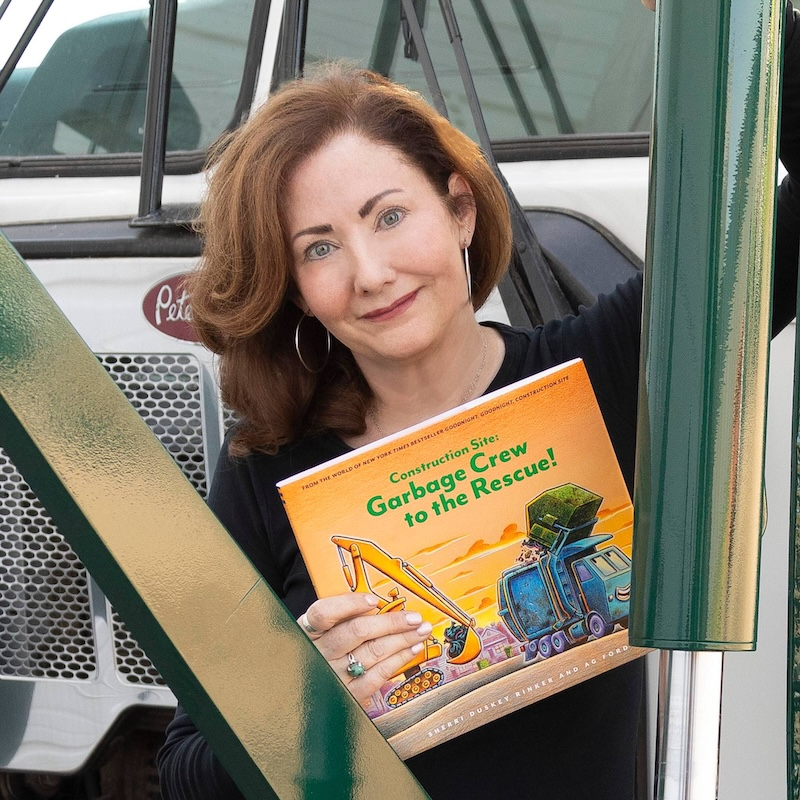
Sherri Duskey Rinker interview
Construction Site: Firefight!

Hoppers , Piper Curda Interview
The statements of Piper Curda
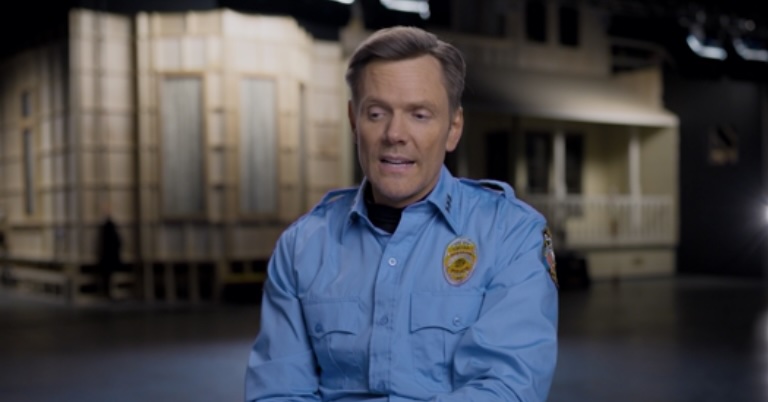
Scream 7, Joel McHale Interview
The statements of Joel McHale
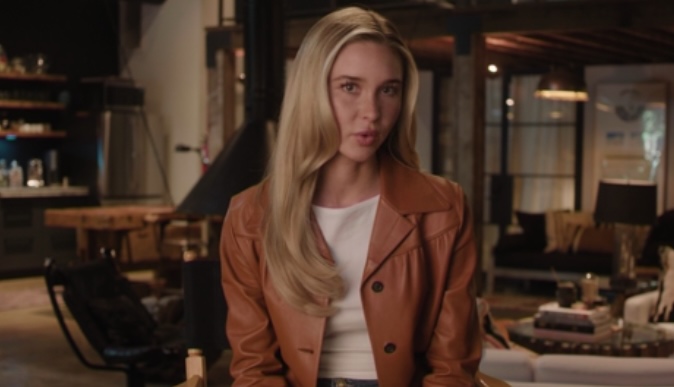
Scream 7, Isabel May Interview
The statements of Isabel May

Scream 7, Jasmin Savoy Brown Interview
The statements of Jasmin Savoy Brown

Scream 7, Celeste O'Connor Interview
The statements of Celeste O'Connor
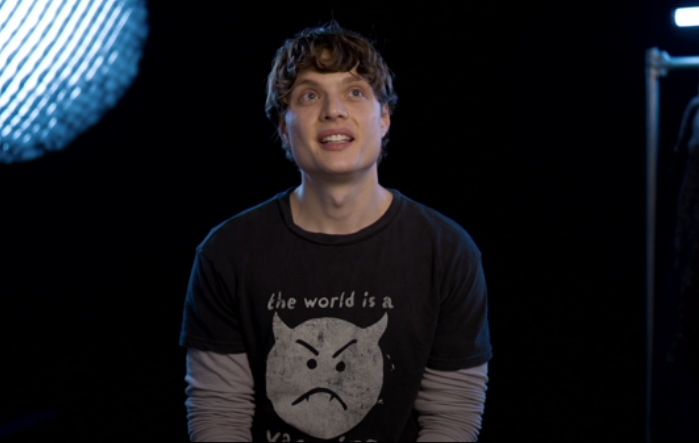
Scream 7, Asa Germann Interview
The statements of Asa Germann
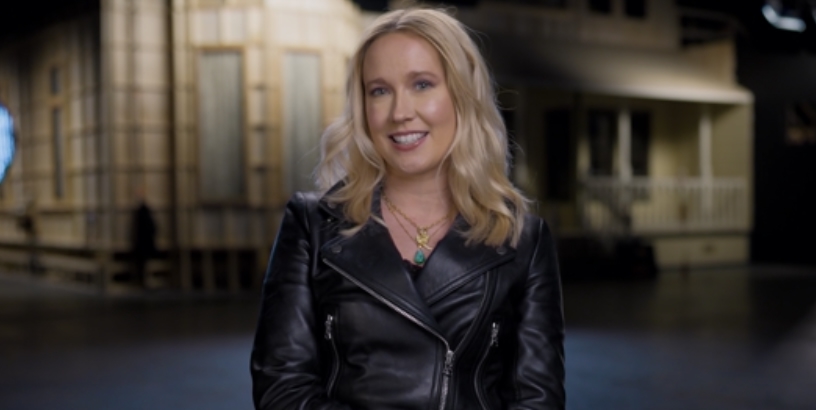
Scream 7, Anna Camp Interview
The statements of Anna Camp

